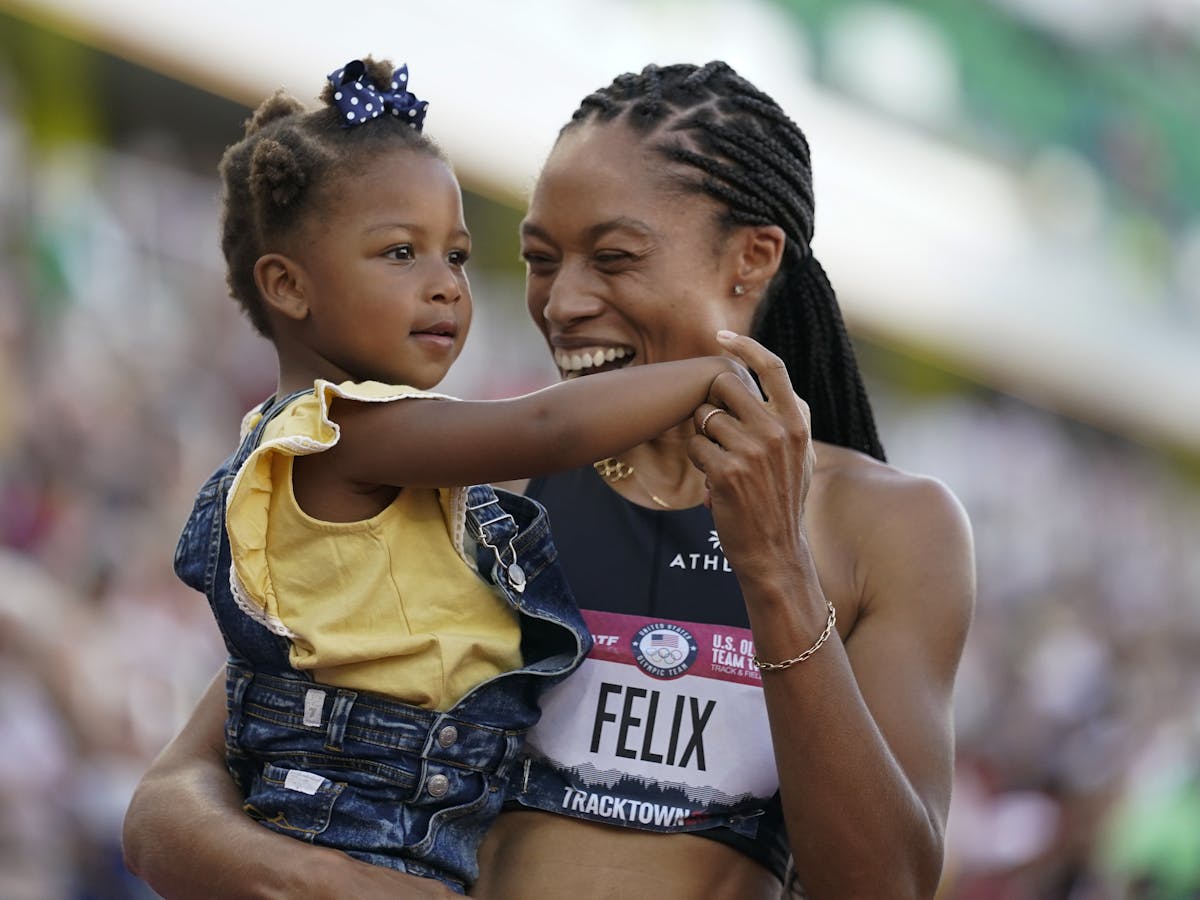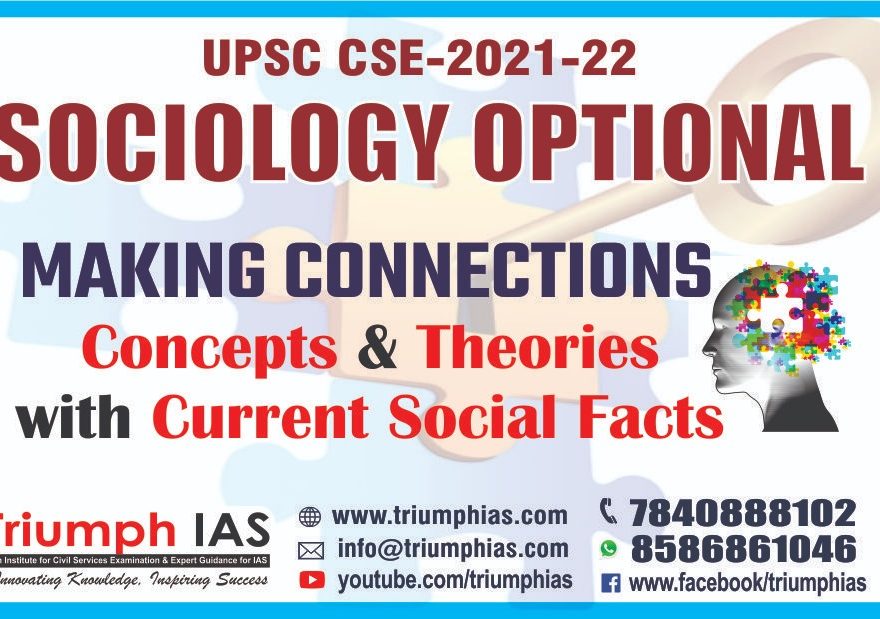Relevant for SOCIOLOGY Syllabus-
Stratification and mobility: Gender; inequality;
Patriarchy and sexual divisions of labour

NEWS IN SHORT
Now that pregnancy no longer marks the end of an athlete’s career, many elite athletes not only return to sport, but go on to break personal and world records as new moms.
The International Olympic Committee and the Tokyo 2020 Olympic Organizing Committee announced that the Tokyo Games would be the “first gender-balanced Olympic Games in history.”
The gender gap in sport is well-established. Men have historically dominated elite sport for centuries, but thanks in part to the advocacy of organizations like the IOC Women in Sport Commission, global female representation in sport is greater than ever.
Central to this movement is the increased visibility of elite female athletes competing and succeeding at the Olympic Games, inspiring future female Olympians across the globe. Yet, major barriers still remain, particularly those faced by athletes who are mothers.
SOCIOLOGICAL PERSPECTIVE
Syllabus: Gender: inequality Women empowerment
- Sport sociologists examine how dominant ideologies, values, and beliefs are embedded within the system, structure, policies, and norms of sport to maintain social inequality.
- In short, sport sociologists study how power is (re)produced. Scholars in this discipline use critical theoretical lenses to expose, deconstruct, and challenge the status quo with the ultimate goal of moving toward social justice within sport contexts, while realizing the distinct and real challenges of unequal power and tangled systems of oppression both in and beyond sport.
- Still, many sport sociology scholars believe that a dominant “win-at-all-costs” business model often defines the culture of sport, and that model is associated with oppressive ideologies that can be challenged and/or augmented by an alternative paradigm of “justice, citizenship, and equity” acting in turn as a vehicle for social change.

